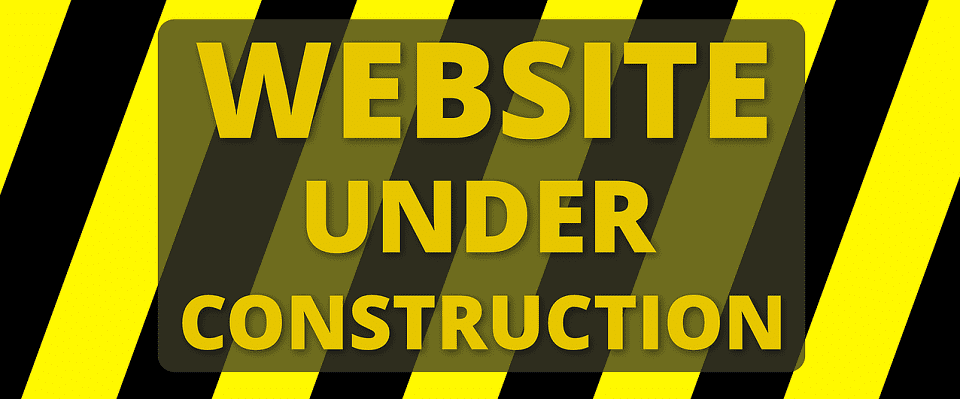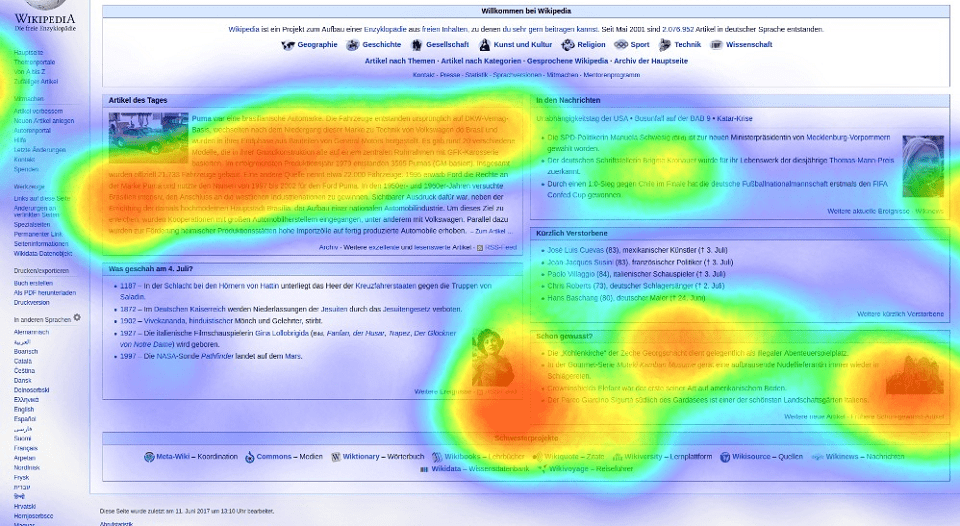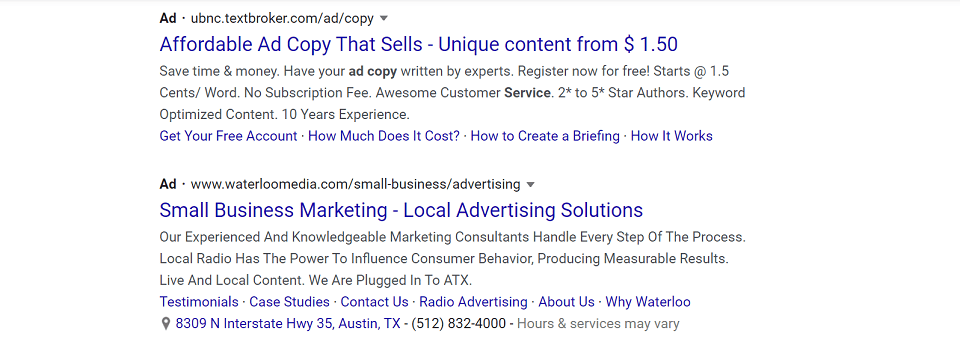In an attempt to find the best possible way to draw the attention of their audience, many companies are opting for a single-page website.
This means that all the information your website visitor may want to receive can be found on the one same page.
Apart from allowing for a beautiful design to be applied, single-page websites can influence more than just the visual aspect of your website. In fact, they influence your SEO significantly.
If you’re thinking about applying a single-page design to your website, or you already have it, you might want to think it through.
To help you out, I’ve put together a list of pros and cons for making such a move.
Take a look at how a single-page website can influence your SEO and ranking.
Mobile-Friendly
Mobile searches have become the dominant way of performing web searches. The majority of people use their mobile phones to search the web and look for the information they need.
In addition, thanks to social media such as Facebook, Twitter, and Instagram, platforms that also use single-page designs, people have grown accustomed to scrolling down to get to what they want.
Therefore, single-page websites are great because:
- mobile users enjoy the design
- they’re easy to navigate by simply scrolling
- they’re easy to optimize for mobile
- they exclude tabs and additional pages, which is great for small device UX
By making your web page mobile-friendly, you’re increasing the number of your visitors and ensuring they won’t leave your page before finding what they’re looking for.
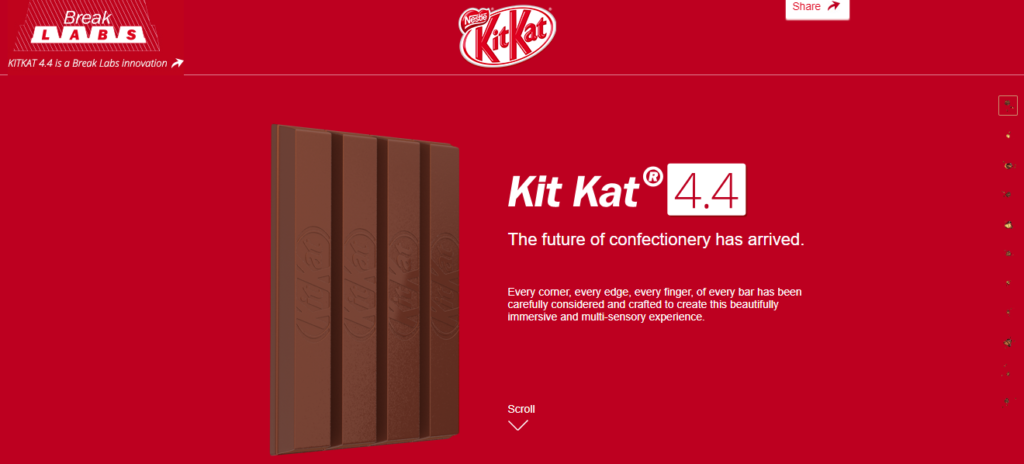

source: screenshot KitKat
Narrow Keyword Targeting
SEO is heavily based on finding the right keywords and making sure you place them within your content properly.
Single-page websites impose a certain limitation on the number of keywords you can properly place within the one page you’ve got.
Here’s why:
- a single-page website should be designed around one main idea or concept
- this prevents you from introducing more keywords
On the other hand, multi-page websites are perfect for introducing more than one topic and using the right keywords for each new page or post.
This greatly influences your SEO ranking, which is why single-page websites are not the best idea if you rely heavily on Google searches to find new customers.
Lack of Detail
Another drawback of a single-page website is that the content you provide will have to keep the details to a minimum, and as such, may be considered not specific enough.
A multipage website allows you to:
- create separate pages/posts for each specific topic
- elaborate on each topic in great detail
- dedicate an entire section of your website to an idea you find relevant
On the other hand, a single-page website requires you to fit all the crucial information into short and concise pieces of text.
Therefore, those visitors looking for more in-depth information may be disappointed and your bounce-rate may increase. This would negatively influence your SEO performance as a whole.
To prevent this from happening, you need to plan your single-page design wisely. Try finding the best way to provide all the essential information without overwhelming visitors.
Sharing a Story
A single-page website can work wonders when it comes to providing a specific user experience to a specific target audience.
On a multi-page website, your users may struggle to:
- decide what to click and in which order
- find and understand the message you’re trying to deliver
- find the information they need
However, on a single-page website, you’ll be able to:
- guide the users towards a specific goal
- tell them an engaging story
- ensure they receive the information in the right order
However, to make this possible, you’ll have to be careful about what information you provide to the users.
Some of them might find certain things along the road unnecessary and simply leave your website altogether.
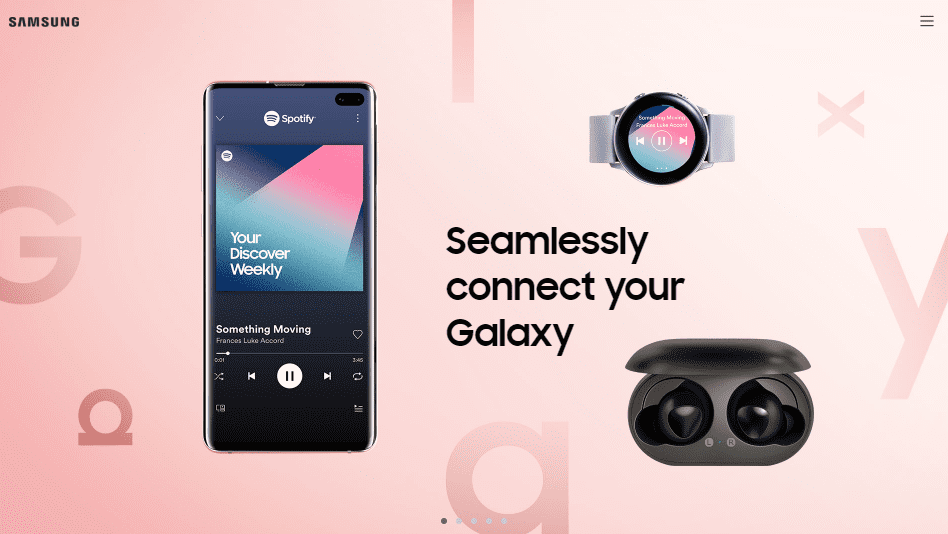

source: screenshot Samsung Galaxy
Longer Loading Time
The loading time of a webpage is a key factor when it comes to its bounce-rate and ranking on search engines.
When users have to wait for a page to load, they tend to lose their patience rather quickly. This is because they’re used to receiving all the information immediately.
Meanwhile, search engines take user experience into account when indexing and ranking content. Load times are one of the major factors in that UX review.
Unfortunately, one-page websites take longer to load because they combine:
- images
- videos
- texts
- graphics
- other content
all on one page.
Naturally, it will take a few seconds longer for it to load.
Unfortunately, those few seconds are likely to cost you some visitors and harm your organic performance.


source: screenshot Tesla
Impossible to Analyze
In order for you to improve your webpage and make it more user-friendly, you have to learn about it.
This means that you need to use the data you have to draw conclusions about your future actions.
Most websites use Google Analytics, which is a great tool for data analysis. It tells you:
- which pages the visitors are most interested in
- which pages cause them to leave the website
- how much time do they spend on each page
With a multi-page website, you can use this data to change things and improve your website to fit the needs of your users.
However, with a single-page website, this type of analysis isn’t available to you.
That means that you won’t be able to learn:
- what information your visitors like and what they don’t like
- what makes them leave
- what are they most interested in
It’s a huge drawback that will prevent you from making the necessary changes, and improving your visitor engagement and Google ranking.
No Blog
Apart from allowing you to have a single title tag, meta description, and URL, loading all of your content on a single page also imposes another major SEO setback.
It doesn’t allow you to have a blog.
Blogging is one of the best SEO tools and can help you improve organic traffic by:
- regularly delivering fresh content
- drawing more visitors to your domain
- providing information and content people will want to read
However, with a single-page website, you don’t have the option of running a blog, so you simply can’t benefit from it.
Final Thoughts
After analyzing the pros and cons of having a single-page website and how it affects your SEO, this leads us to an important conclusion.
A single-page website imposes limitations on your SEO traffic potential and Google ranking. However, it’s all about your goals.
Consider who your target audience is and what you want to achieve with your website. Then, decide whether or not you should be using a single-page website or building out a more SEO-friendly, multi-page domain.
Feature Image Credit: CC 0; Public Domain, sourced from pixabay.com.
Disclaimer: The views and opinions stated in this post are that of the author, and Return On Now may or may not agree with any or all of the commentary.
Angela Baker
Latest posts by Angela Baker (see all)
- Pros and Cons of a Single-page Website for #SEO - August 1, 2019
- How to Protect Your Blog Content From Being Stolen - September 28, 2017

